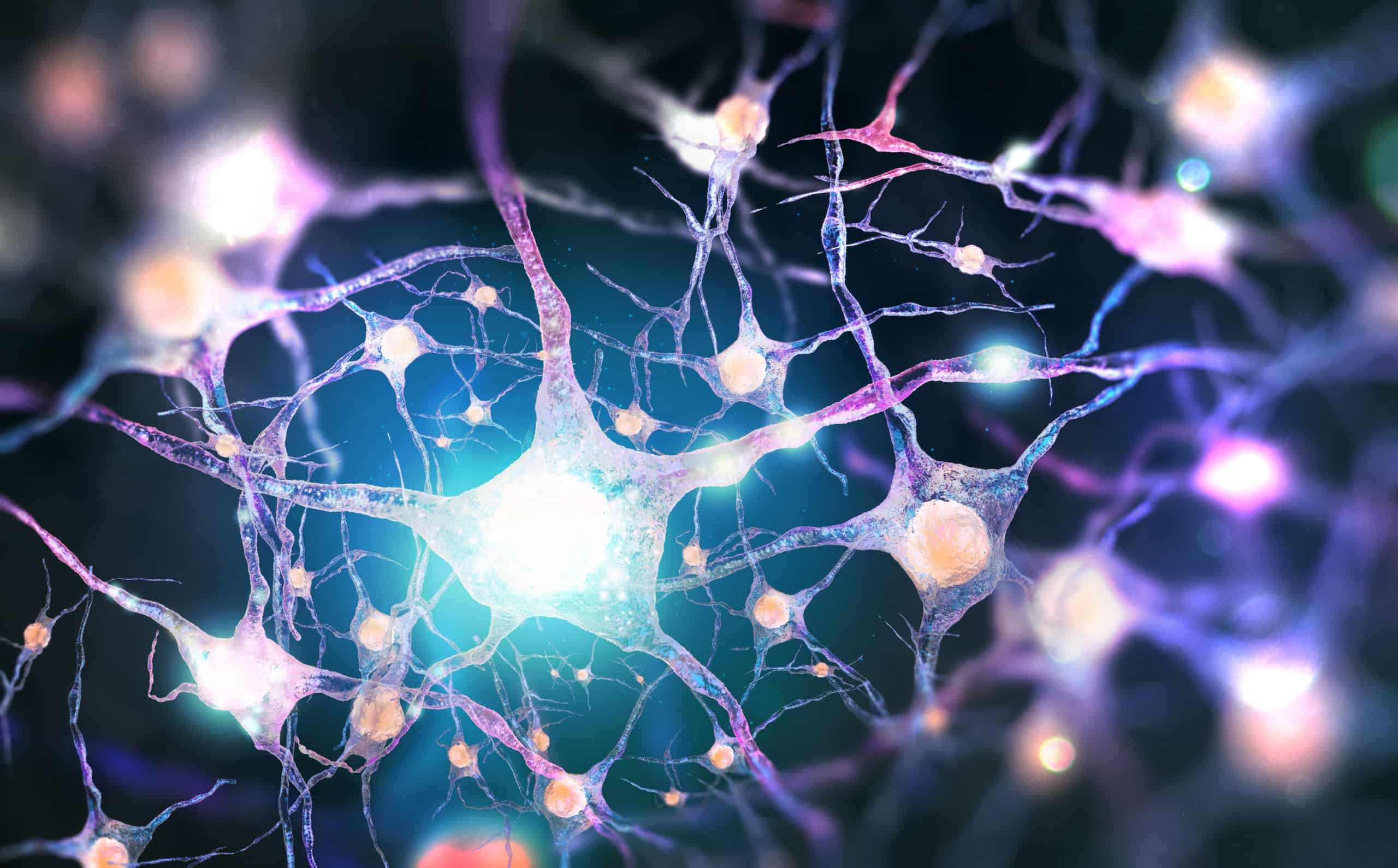What is vitamin B12 good for? What does it actually do to the body, and why do we need it at all? Word on the street has it that B12 gives you energy. But there’s more – a lot more. Let’s have a look at all the ways vitamin B12 benefits you.

What Does Vitamin B12 Do For You?
Since B12 has no toxicity or overdose risk, the elderly are now well-advised to try to maintain higher levels of B12 than what’s considered enough:
Vitamin B-12 deficiency is often associated with cognitive deficits. Pending the outcome of better trials, it is suggested that the elderly in particular should be encouraged to maintain a good, rather than just an adequate, vitamin B-12 status by dietary means.
VITAMIN B-12 AND COGNITION IN THE ELDERLY
Dr. Christine C. Tangney of the Rush University Medical Center published a paper in which elderly people with higher B12 levels scored higher on cognitive tests. MRI scans even showed they had higher brain volume than those who were deficient. She wrote:
Vitamin B12 status may affect the brain through multiple mechanisms.
VITAMIN B12, COGNITION, AND BRAIN MRI MEASURES
Why does it happen? What does B12 do for your body that leads to such striking results? Here are the primary health benefits of vitamin B12 for men and women alike:
The Formation & Maintenance of Myelin
Think of your nerve system as a tangled forest of wires. Each of these nerve fibers, these wires, is wrapped and insulated by a protective layer called myelin. Without enough of it, your neurons can’t transmit impulses or carry out electrical signals correctly.
Receded myelin is why so many patients with signs of pernicious anemia and B12 deficiency report strange nerve-related sensations, like pins and needles or numbness. The health benefits of B12 for the nerve system is why the vitamin is so beneficial for neurological disorders such as neuropathy or dementia.
In fact, damage to the myelin is often irreversible, so if you show any neurological signs of B12 deficiency, start injecting immediately, because small symptoms can progress to major nerve damage, putting you in a wheelchair for the rest of your life.
Homocysteine Reduction & DNA Repair
B12 in the form of methylcobalamin benefits you in a unique way. The methionine synthase enzyme uses it to convert homocysteine into methionine, through methylation reactions that repair DNA. Without enough B12, homocysteine can’t be converted, and so it starts accumulating in the blood, and levels will rise to a dangerous number.
High homocysteine is associated with a myriad of diseases. As a result of unconverted homosyteine, your bone marrow isn’t able to make the DNA it needs for the production of white blood cells (cells that kill germs by launching immune responses against them), increasing your risk of infections and an overall compromised immune system.
Cells characterized by rapid division, such as bone marrow and epithelial or myeloid cells, appear to have the greatest need for vitamin B12, because each new cell needs its own DNA, which the B12 helps to synthesize.
Production of Red Blood Cells
What else does B12 help with?
Folate (vitamin B9).
The body uses folate to form red blood cells, those tiny disc-shaped cells that deliver oxygen to every corner in our body. But before that happens, the body needs vitamin B12 to create a reaction that converts that folate into a form the body can use. Without that reaction the body can’t access folate, and red blood cell production is compromised. You become anemic, and fatigue takes over quickly because oxygen delivery is low.
The Basis of Vitamin B12 Benefits
In fact, the benefits of B12 boil down to two biochemical reactions:
- The conversion of methylmalonyl-coenzyme A to succinylcholine coenzyme A (by the enzyme methylmalonyl-CoA mutase, with adenosyl B12 as a co-factor). You’ll find adenosyl B12 in cellular tissues, where it is stored in the mitochondria.
- The re-methylation of homocysteine to methionine (with methyl B12 as a co-factor for the enzyme methionine synthase). You’ll find methyl B12 in the blood plasma, cytosol cells, and certain fluids, like the cerebral spinal fluid.
That’s it. Only adenosylcobalamin (adenosyl B12) and methylcobalamin (methyl B12) are active within our body, and all other forms must convert into one of them. The two basic reactions above are responsible for all vitamin B12 uses and health benefits.
Nature likes it simple.
